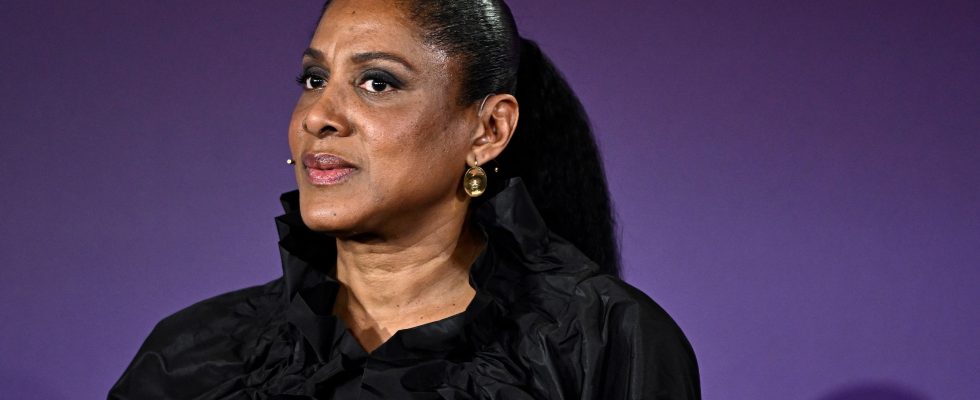“It is not simply a question of lighting a flame. On the evening of July 26, in Paris, France will address the world. What do we have to say? What messages, what symbols will we deliver? As I write these lines, I do not know who will light the Olympic flame at the end of an extraordinary ceremony the likes of which the Games have never seen in modern history. But I would love for an appeal to me !
I have a memory forever anchored in my mind. Mohamed Ali in 1996 in Atlanta: white t-shirt, jogging pants and sneakers, his face puffy, his eyes barely betraying suffering. The living boxing legend stands tall, dignified, hiding nothing from the Parkinson’s disease which is eating away at him. American swimmer Janet Evans made a first lap of the stadium with the torch, then going up a wide ramp, she suddenly stopped.
Mohamed Ali appears and electrifies the stadium. His right hand clinging to the torch like a lifebuoy, his left arm trembling. The spectators chant his name. He takes a few steps, turns slowly and lowers the torch which in a few seconds sets the flame receptacle ablaze. And I am there, my body trembling, tears in my eyes, my brain completely caught up in what is happening before my eyes. At the Atlanta Games, I am the flag bearer for the French team. And in this stadium packed with 85,000 people, mourned the day before by an attack which left two dead and hundreds injured, I suddenly think of “Mémère”, my grandmother who rocked my entire childhood. She was crazy about Mohamed Ali. In 1974, she urgently called me, my brothers and my cousins to follow live on the radio the match between her and George Foreman in Kinshasa. I was six years old.
Twenty-two years later, in Atlanta, the man I consider the greatest sportsman of all time, stands a few dozen meters from me. That evening, in the city of Martin Luther King, his presence, uncertain until the last minute due to his state of health, embodies the fight for civil rights and against racism. During these Games, he will recover his gold medal won in Rome in 1960 and thrown a few years later in a river after he was refused service in a restaurant reserved for whites.
